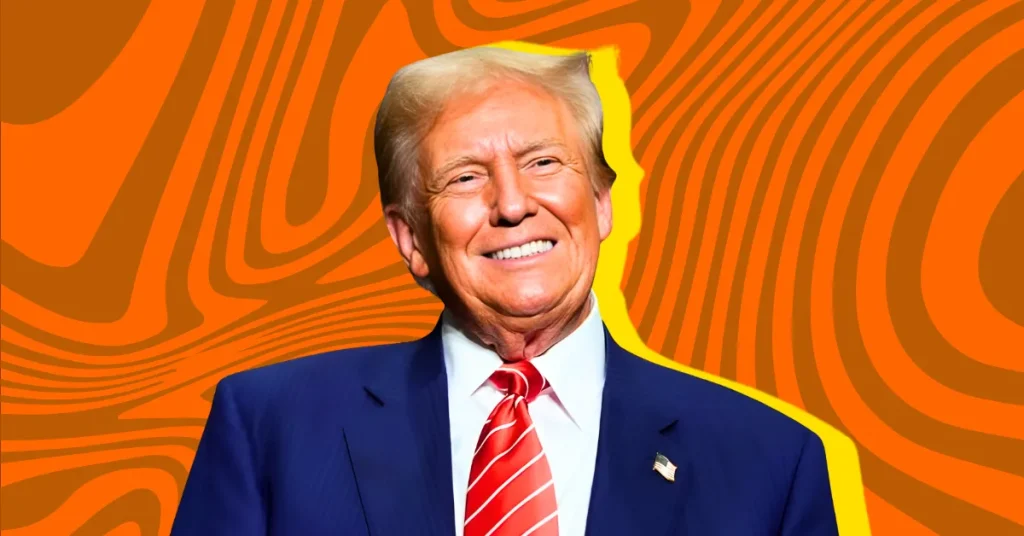
The post President Trump’s UN Speech Could Shape Bitcoin and Crypto Outlook; Here’s How appeared first on Coinpedia Fintech News
President Donald Trump concluded his much-awaited speech at the United Nations to world leaders. The pro-Bitcoin and crypto president of the United States did not make a direct statement about the digital asset industry. However, his speech will have a positive long-term impact on the Bitcoin and crypto space.
What Were the Key Pillars of President Trump’s U.N. Speech
In his September 23 U.N. speech, President Trump focused on energy production and global migration and immigration. According to President Trump, the idea of green energy is a major hoax that has made nations bankrupt without a reasonable cause.
Furthermore, Trump stated that China and nations around it have been producing a significant amount of carbon footprint over the years. However, he noted that nations focused on reducing their carbon footprint have suffered immensely due to high electricity costs led by Europe and the United States.
Trump’s U.N. speech also laid significant emphasis on nations protecting their borders from illegal migration. He reaffirmed the idea of nationalist independence and discarded the notion of globalism.
Why is this Bullish for Bitcoin and Crypto?
How will Bitcoin and Crypto Benefit from the Energy Production Shift
On the point of energy production, an increased supply of cheap electricity through traditional sources will reduce Bitcoin’s mining cost. Furthermore, according to a recent report by rhnuttall, electricity production in nations focused on green energy is much higher than those using traditional non-renewable sources.

As such, more Bitcoin miners in nations that have adopted clear crypto regulations will benefit from cheap sources of electricity.
Migration/Immigration Impact
President Trump’s stance on immigration and migration issues is an indirect boost for Bitcoin and crypto. Moreover, Bitcoin and crypto provides a fair opportunity for all people around the world, especially those in nations highly impacted by hyperinflation, wars, and economic crisis.

 5 hours ago
12
5 hours ago
12














 English (US) ·
English (US) ·